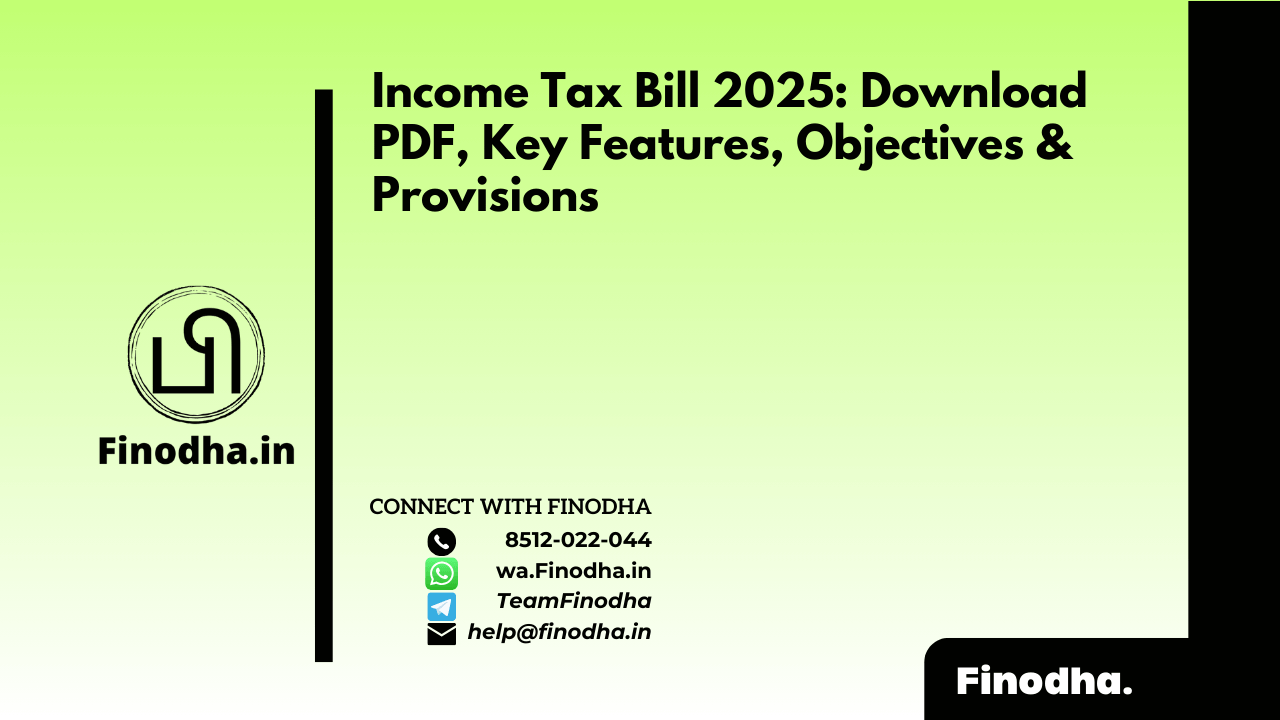Important Keywords: boilerplate language, standard documents, contracts, efficiency, standardization, negotiation, Indian context, key takeaways, legal agreements.
Table of Contents
Introduction:
Boilerplate language is a term commonly used to describe standard documents, procedures, or methods that lack originality and sincere effort. In the context of contract law, boilerplate language refers to generic or standard language used in contracts. These documents serve to increase efficiency and standardize the structure and language of various agreements, such as investments, bonds, contracts, and more.
Explanation:
Boilerplate language, also known as standard language, is often reused without significant modifications. It is commonly employed in documents that require consistent language and format. An example of a well-known boilerplate document is a bank home loan term sheet. Bank officials and applicants fill in relevant information and check applicable boxes, streamlining the process and eliminating the need for creating individualized documents for each customer. However, it’s important to note that boilerplate documents may sometimes contain unfavorable terms and conditions that parties may unwittingly agree to.
In the modern business world, companies utilize boilerplate language to protect their interests. These documents are typically not open for negotiation with clients or customers, who often sign them without thoroughly reading or understanding their contents. Boilerplate documents are usually prepared by parties with more bargaining power and presented to weaker parties for adhesion contracts. However, courts have the authority to intervene and invalidate such documents if they are deemed unfair to either party.
The Benefits of Boilerplate Language:
- Time and Effort Reduction: The use of boilerplate language saves time and effort that would otherwise be required to create new documents from scratch. These templates can be quickly customized for different purposes across various industries.
- Standardization: Boilerplate language ensures consistency in the structure and content of documents. It helps maintain uniformity in legal agreements, making them easier to understand and interpret.
- Efficiency: By using pre-determined templates, businesses can streamline their operations and facilitate faster transactions. This is particularly useful in high-volume scenarios, such as loan processing or contract management.
Frequently Asked Questions (FAQs):
Q: Why are boilerplate documents commonly used?
A: Boilerplate documents are popular due to their efficiency and standardization. They save time and effort by providing pre-determined language and structure that can be easily adapted for different purposes.
Q: Can boilerplate documents be negotiated?
A: Generally, boilerplate documents are not open for negotiation. They are often prepared by parties with more bargaining power and presented as non-negotiable agreements.
Q: What should I be cautious about when signing boilerplate documents?
A: It is crucial to read and understand the content of boilerplate documents before signing them. Seek legal advice if necessary to ensure you are aware of the terms and conditions you are agreeing to.
Example:
Let’s consider a scenario in the Indian context. Mr. Gupta, a small business owner, needs to lease commercial space for his new venture. The landlord provides him with a boilerplate lease agreement. Mr. Gupta should carefully review the document to ensure that it protects his rights and interests. If he discovers any unfavorable terms, he may consult a lawyer to negotiate a fair agreement that aligns with his business needs.
Key Takeaways:
- Boilerplate language refers to standard, non-negotiable language used in documents.
- These documents help increase efficiency and standardize agreements.
- It is essential to read and understand boilerplate documents before signing them.
- Courts can intervene if the terms in boilerplate documents are deemed unfair.
- Businesses use boilerplate language to save time and protect their interests.
Conclusion:
Boilerplate language plays a significant role in various industries by providing standardized documents that facilitate efficient and consistent processes. While these documents may lack originality, they serve an important purpose in saving time and effort. It is crucial for individuals and businesses to understand the content of boilerplate documents and seek legal advice if needed to ensure fair and equitable agreements.
Popular Tags:
Capital gains CGST Chapter VI-A e-Compliance Portal E-Verify economic growth F&O Trading F.No.354/117/2017-TRU F. No. CBIC-20001/4/2024-GST Financial planning financial stability GST IGST Income from House Property Income Heads Income Source Income tax Income Tax Account Income Tax Filing Indian context Indian investors ITR-3 ITR Form P&L Statement PAN Risk Management Salary Income Section 7(1) UTGST Act 2017 Section 8(1) UTGST Act 2017 section 9 section 10 section 15 section 25 section 39 section 49 section 50 section 51 Section 52 Section 54 section 73 section 74 SGST Speculative Income Trading Income UTGST




